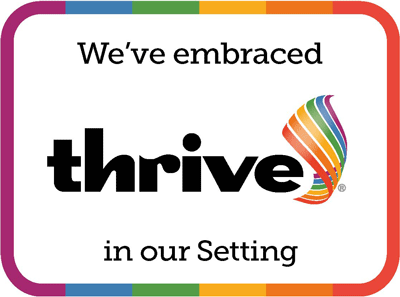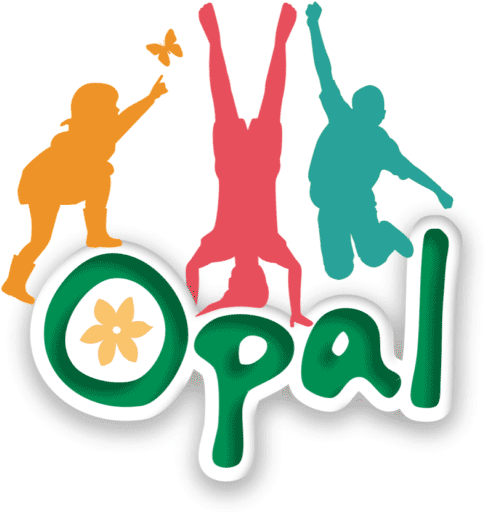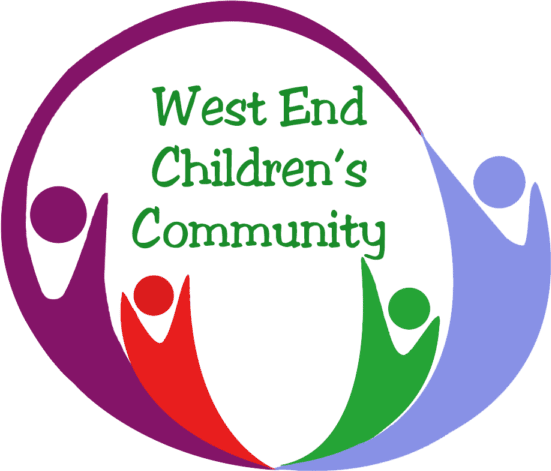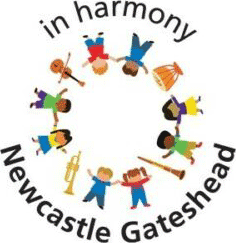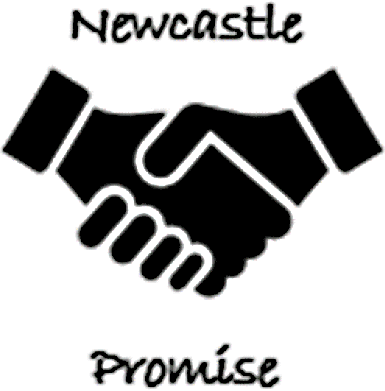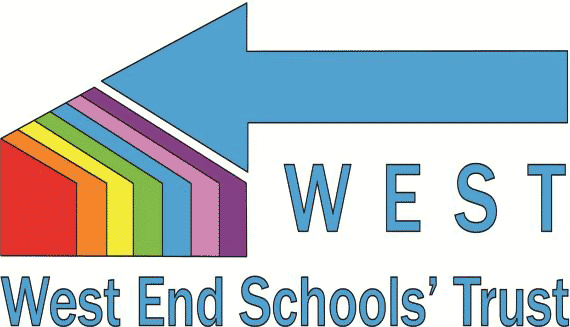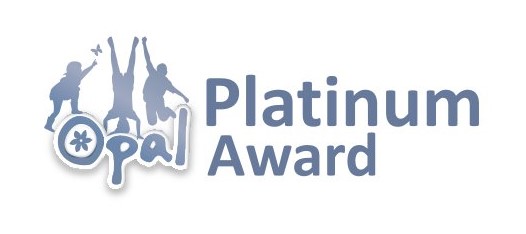Phonics & Reading
Short videos about how we teach children to read and write with Read Write Inc. Phonics, along with other related videos, can be found here on the Ruth Miskin website.
Please click on the below links for videos of speed sounds and oral blending in action.
Phonics Speed Sounds Set 1
Phonics Speed Sounds Set 2
Phonics Oral Blending – Fred Out Loud
If you would like to find out more about the schemes we are using, please contact the school office either in person or on 0191 274 5290.
The importance of reading and phonics at Bridgewater Primary School
Reading plays a vital role in the development and education of your child. At Bridgewater we ensure that pupils have lots of opportunities to read in lots of different contexts. Children are encouraged to take their reading folders home every night to read at home and bring back the next day to read in school too.
We continually strive to promote a love of reading through our ‘Literature Works’ programme, this means that English lessons in school are based around a book so across the year the children read in depth a number of quality texts to ensure that they are ready for the next stages in their learning.
We have a well resourced library and ‘book nooks’ around school including in classrooms, where children can go and enjoy books. We invite in regularly authors and illustrators to work with the children. Our committed librarians and staff run reading clubs for children and families and we ensure every summer children have packs of books to take home to read over the holidays. We have regular affordable book sales so children have books at home, and we enable all children to be members of the local library and take part in the summer reading challenge.
In school we have ERIC (Every Child Reads in Class) everyday, mainly after lunch. During this time children read or do reading related activities. Adults hear children read individually at this time or in groups for guided reading. We have a range of adults who come into school to hear children read during the week. These include our lunchtime staff, volunteers, students and sixth formers from the Royal Grammar School. All are told how to do it before they start.
Phonics
In Early Years and Key Stage One we deliver a consistent approach to phonics, in the past using a programme called Letters and Sounds; we have now implemented Read Write Inc as this programme enables us to accelerate the teaching of reading in Early Years and Year One so more focus can be on higher order comprehension and vocabulary in Year Two to meet the demands of the new curriculum and tests. Every pupil in Early Years and Key Stage One works through the programme to help them decode (sound out) words that they read and spell. Reading is linked into understanding what they have read and also links into writing activities. Using small group work on a daily basis allows staff to pin point any individual who may need additional support in this area and will plan intervention activities if needed or 1-1 tutoring. Teachers will always keep you informed if your child is having additional support. In Year One and Two children have a daily Read Write Inc lesson as well as an English lesson.
Talk for reading and writing are two other approaches we use to support children’s reading and writing development across the school. We also use reciprical reading and an inference intervention from Year 2 upwards.
Reading schemes
Pupils read through a set of book banded books. Each colour in the book band is a different level. We provide a diet and range of books at different levels within a book band. The pupils know which book band they are working at and recognise the book band that they are working towards. Children also read Read Write Inc books in school as part of their lesson.
We also teach high frequency and sight vocabulary which are words you cannot sound out and you have to read from looking at the shape of it and what it looks like. Children from Reception will bring words home in packs to learn to read ‘on sight’ which they have to memorise. These words will link to the book band they are reading.
Opportunities for reading
Pupils also read regularly in other areas of the curriculum and in other parts of the school day through:
•Guided Reading – Teachers work with small groups of pupils to teach specific and targeted reading skills in a book that is sufficiently challenging.
•Reading Across the Curriculum – Pupils read a range of books linked to other areas of their learning and have regular ‘reading journal’ lessons to look at texts in more detail.
•Story Time or class reader time – throughout school books are read to pupils for them to hear good examples of reading aloud and to develop an enthusiasm for reading books themselves. Class books are shared with pupils, where they read along with the teacher.



